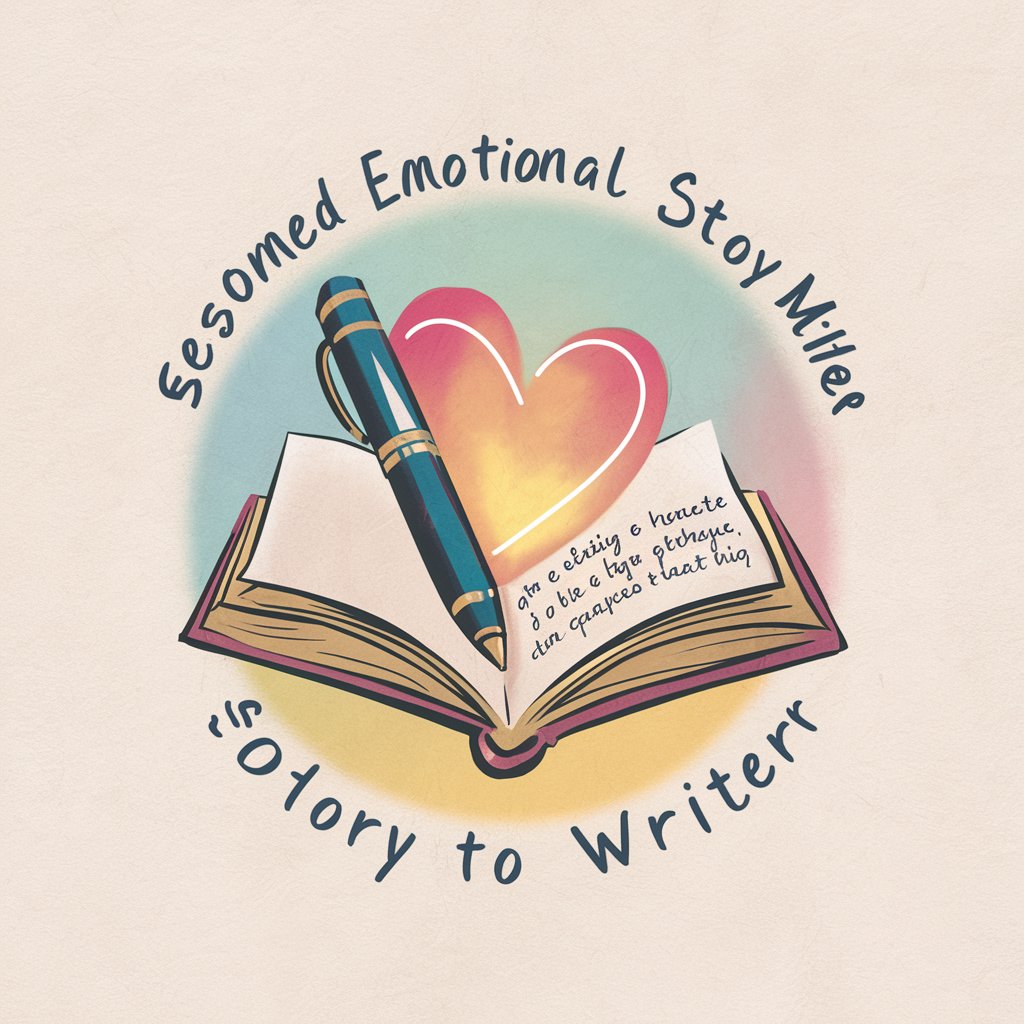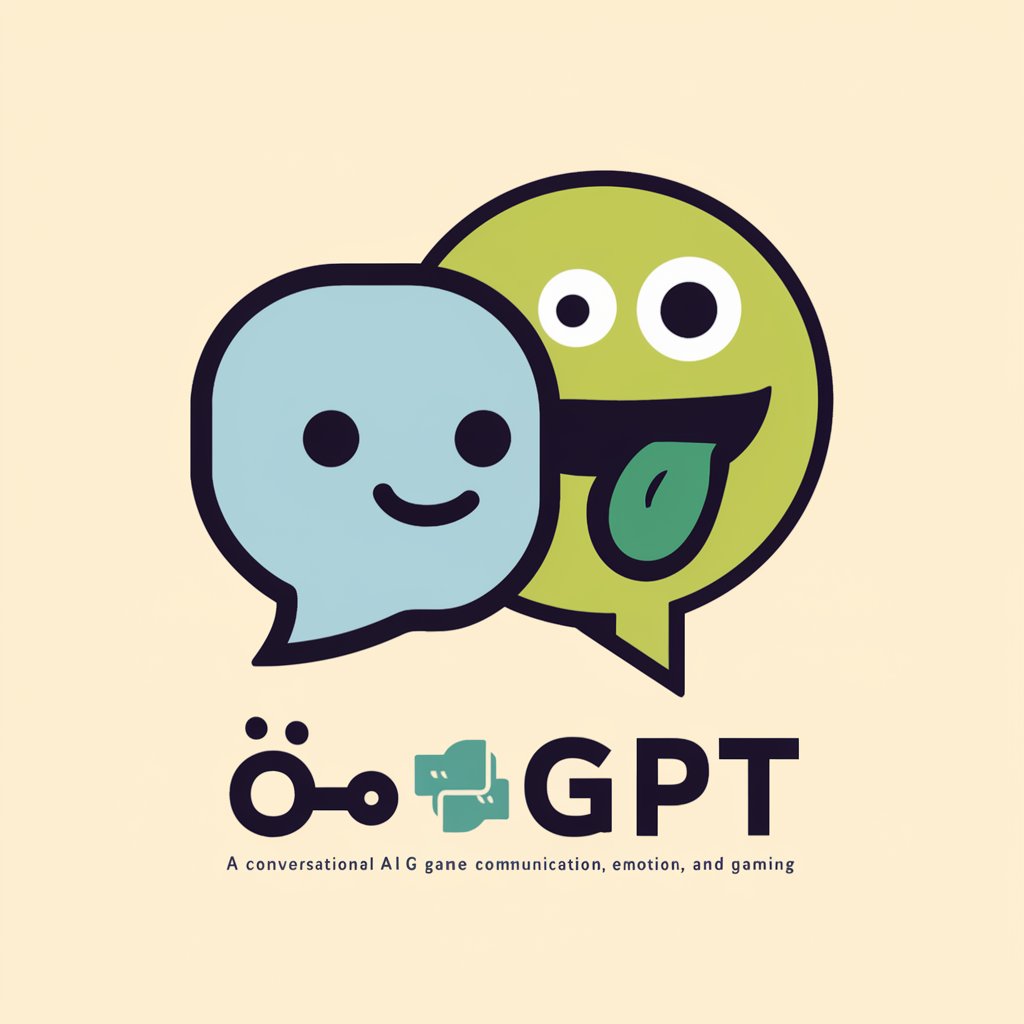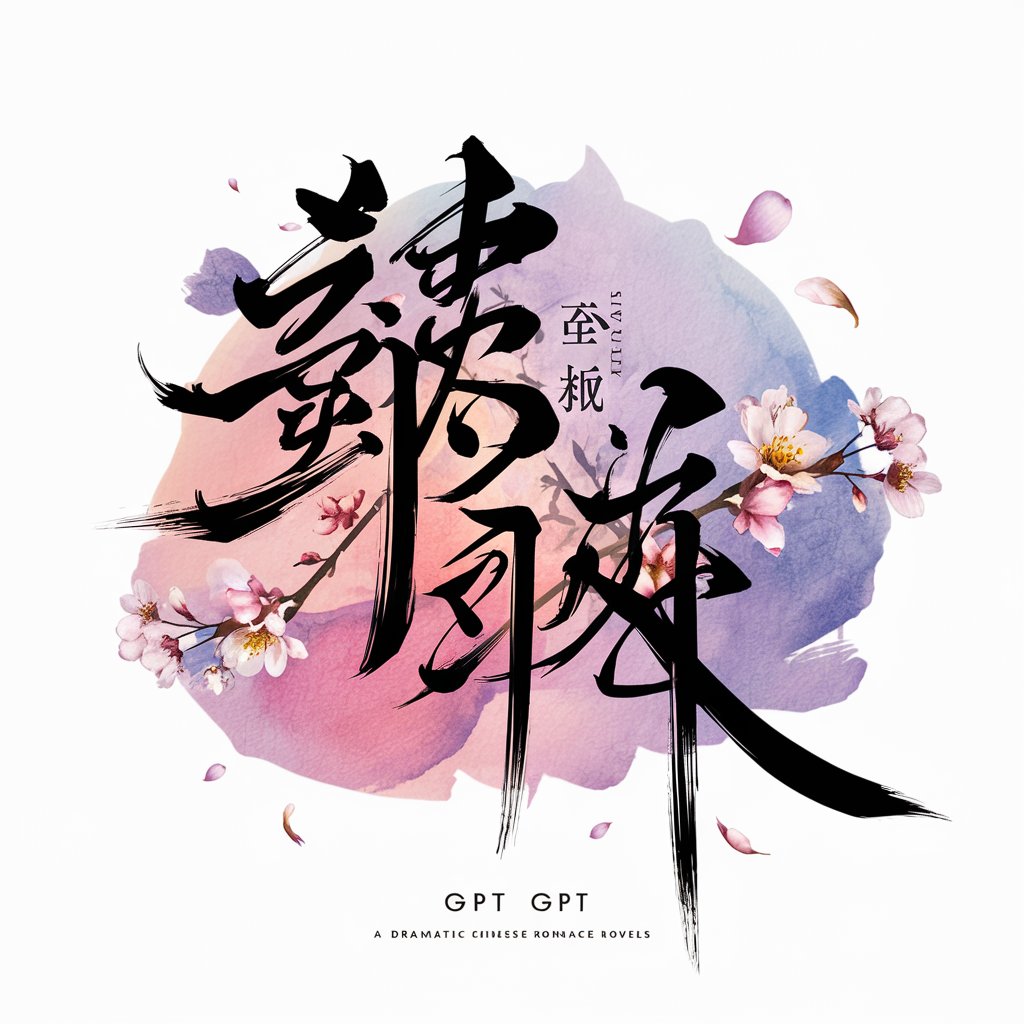
情感故事GPT - Emotional Story Creation
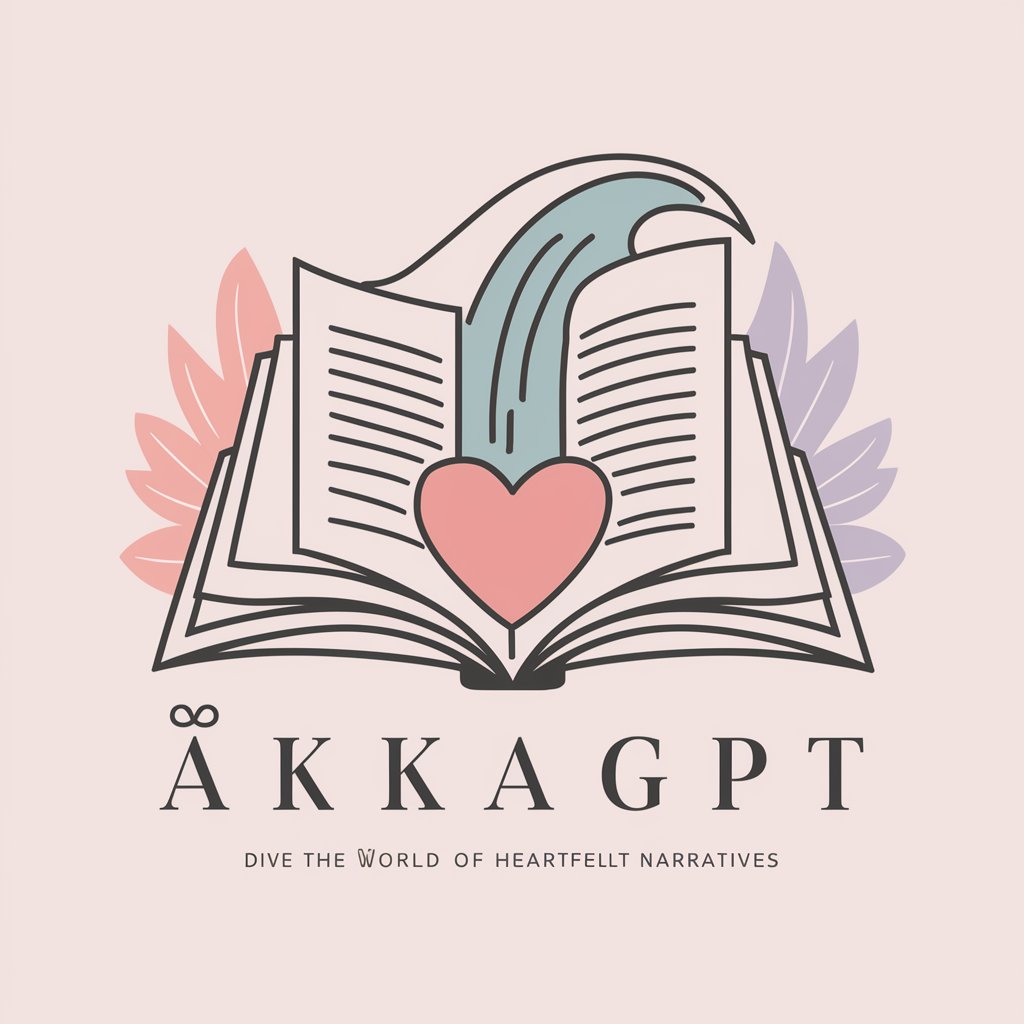
欢迎来到情感故事GPT,感受文字的温度。
Crafting Stories, Powering Emotions
一个在逆境中寻找希望的感人故事:
一段关于重逢与告别的动人回忆:
探索人性复杂性的深情叙述:
描绘一场跨越时间的爱情故事:
Get Embed Code
Introduction to 情感故事GPT
情感故事GPT is designed to craft emotional and engaging stories based on user-provided titles. Its primary function is to generate detailed narrative outlines and flesh them out into full stories. This GPT model is especially tailored for creating content that deeply explores human emotions, relationships, and dramatic scenarios. For example, it can take a title such as 'A Secret Revealed After 20 Years' and develop a storyline involving characters, emotional depth, dialogue, and plot twists, creating a compelling narrative that resonates with readers. Powered by ChatGPT-4o。

Core Functions of 情感故事GPT
Emotional Depth Integration
Example
A story where a widower discovers his late wife's letters to him that she wrote in case of her premature death.
Scenario
The user submits a title about a widower. The GPT then crafts a narrative detailing the widower's emotional journey as he reads through the letters, incorporating themes of grief, love, and healing.
Character Development
Example
A young woman grappling with the choice between a career move abroad or staying close to her aging parents.
Scenario
Given a prompt about a career dilemma, the GPT focuses on the protagonist's internal conflict, background, motivations, and the eventual impact of her decision on her relationship with her parents.
Dialogue Creation
Example
Two old friends confront unresolved issues during a surprise reunion.
Scenario
The GPT uses the provided scenario to generate realistic and emotionally charged dialogues that reflect the characters’ past conflicts, leading to a cathartic resolution.
Ideal Users of 情感故事GPT Services
Writers and Content Creators
Writers looking for inspiration or assistance in developing detailed emotional narratives or exploring complex character dynamics could use 情感故事GPT to enhance their stories.
Therapists and Counselors
Professionals in emotional therapy could use these stories to help clients explore their own feelings through fictional scenarios, facilitating discussion and emotional understanding.
Educators in Creative Writing
Teachers and instructors can use 情感故事GPT as a tool to teach narrative structure, character development, and emotional writing techniques to students.

How to Use 情感故事GPT
Start a Free Trial
Visit yeschat.ai to start using 情感故事GPT without needing to log in or subscribe to ChatGPT Plus.
Choose Your Story Theme
Select a specific theme or setting for your emotional story, such as romance, family, or friendship.
Input Your Title
Provide a specific title for your story to tailor the narrative around your desired theme and characters.
Generate Your Story
Allow 情感故事GPT to craft a detailed narrative based on your input, complete with character dialogues and emotional descriptions.
Review and Edit
Review the generated story and make any necessary edits to better align with your personal or audience preferences.
Try other advanced and practical GPTs
Data Nurture
AI-Powered Data Insights for Everyone

脱出IQチャレンジ
Unlock Your Brain's Potential
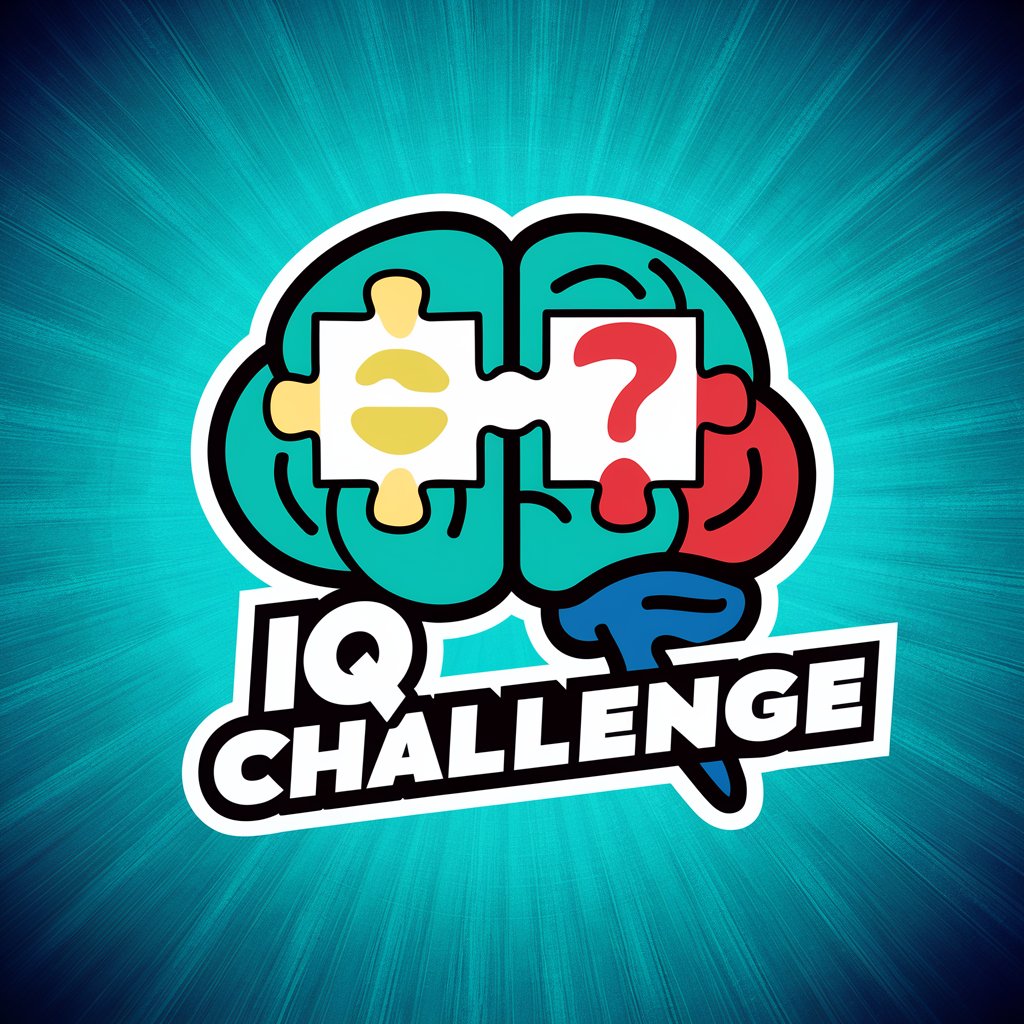
Teacher Lesson Planner AI
Streamline Your Teaching with AI
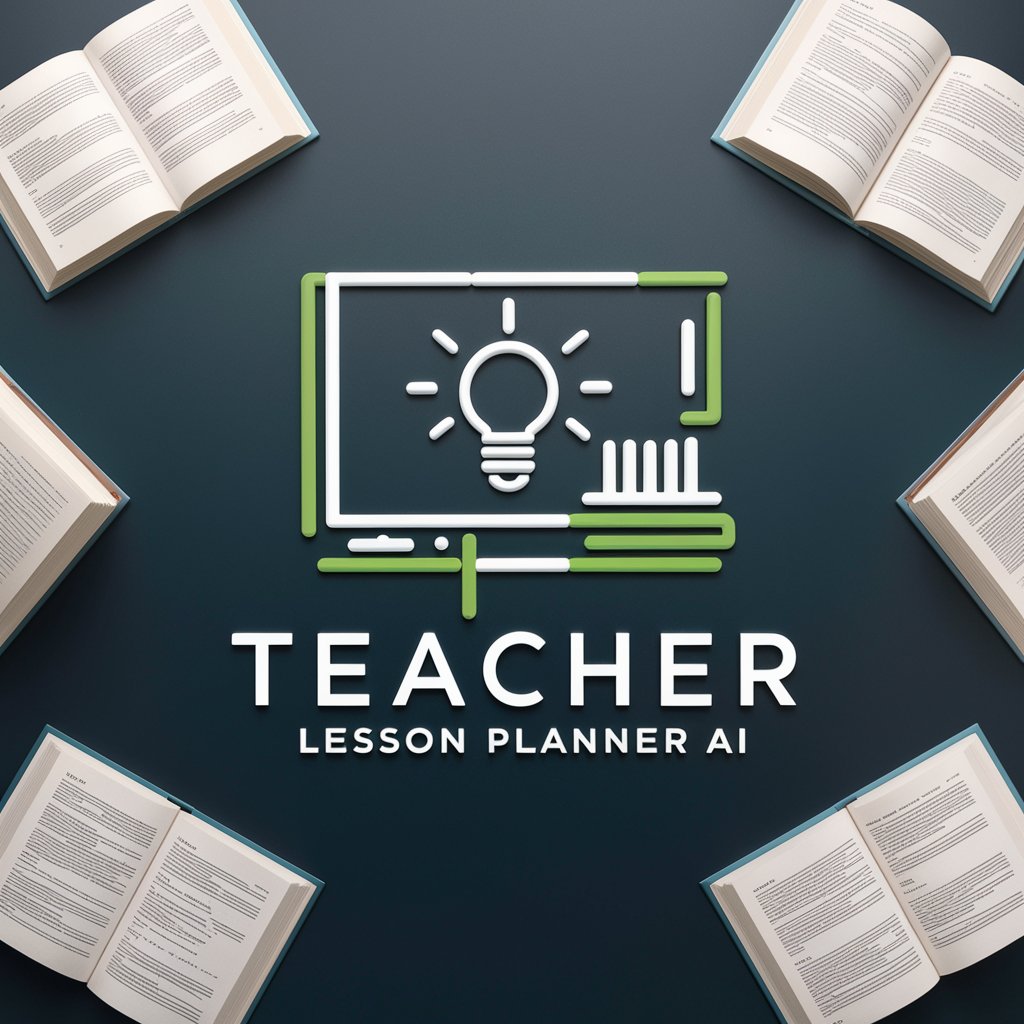
Scientific Editor Pro
Empowering Your Research with AI

Your Song
Transform music into adventures
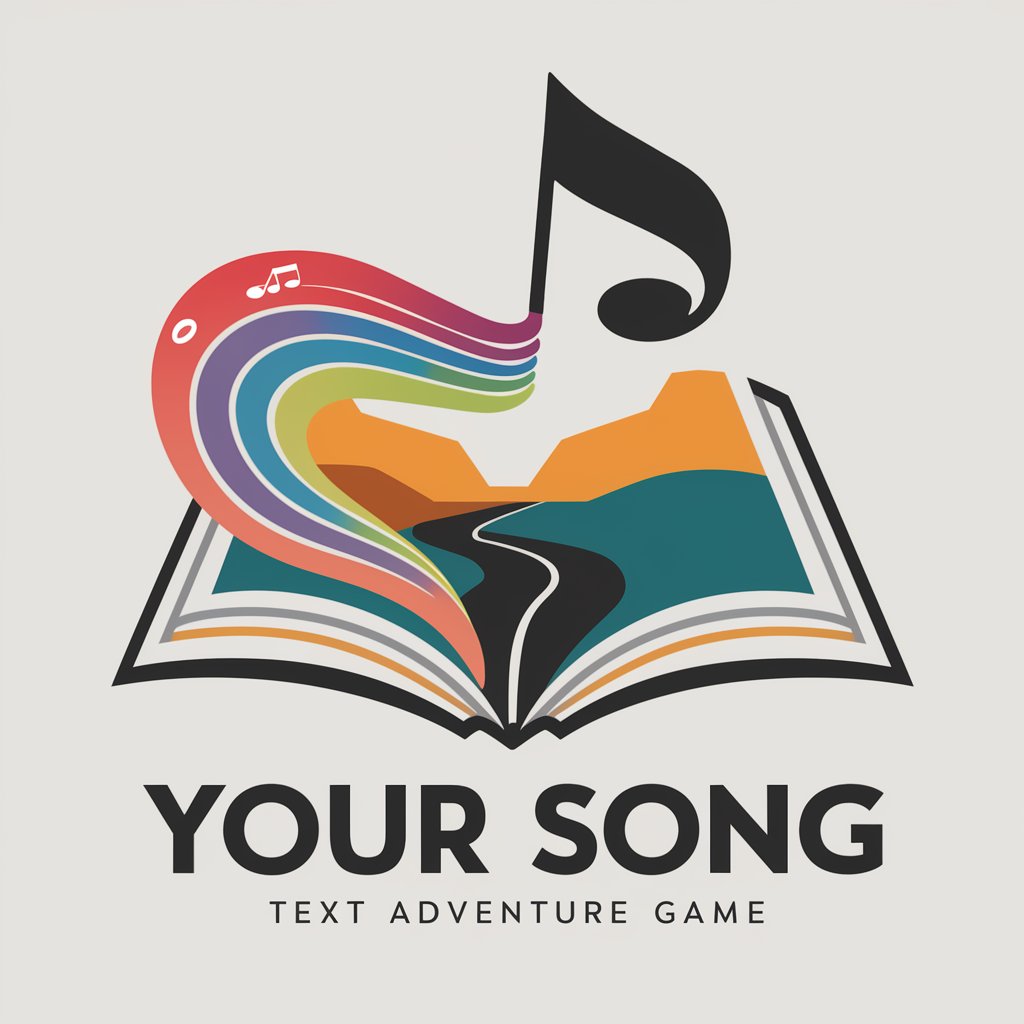
RealtorBuddy CMA Bot
Empower your realty decisions with AI-driven analytics.

Assistente Prático
Smart Strategies, Real Results

ConstruArchi Assistente
Architect your future with AI

Assistente 3irmãos
Simplifying architecture with AI-powered guidance

Assistente Pessoal
Empowering Efficiency with AI
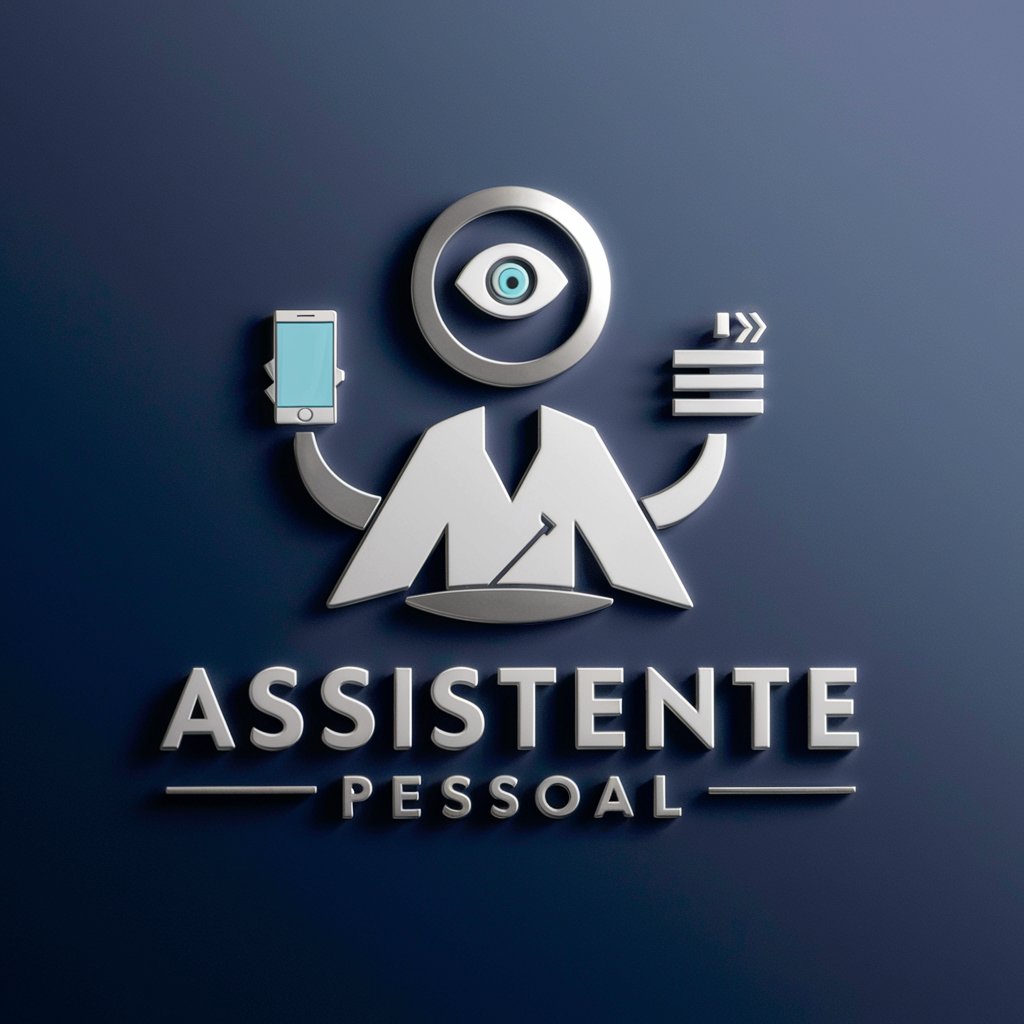
Assistente Medico
Empowering your health decisions with AI

대한민국 모든 지역 사투리 쓰는 사투리몬
Exploring Korean dialects with AI
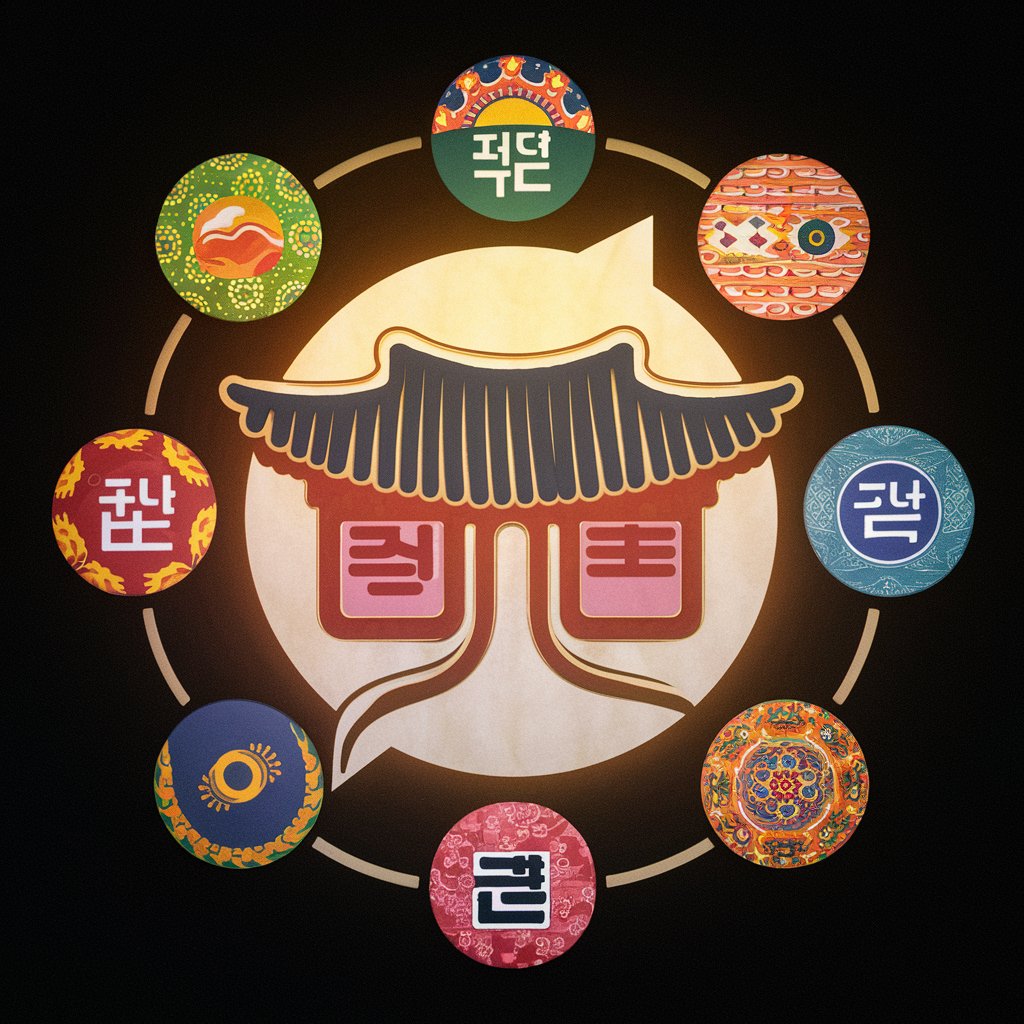
Frequently Asked Questions About 情感故事GPT
What is 情感故事GPT?
情感故事GPT is an AI tool designed to generate emotional and engaging narratives based on user-provided titles and themes.
How does 情感故事GPT enhance storytelling?
The tool leverages advanced language models to create richly detailed stories with deep character development and emotional depth.
Can 情感故事GPT write stories in any genre?
Yes, while it specializes in emotional narratives, it can adapt to a wide range of genres including mystery, adventure, and more.
Is there a limit to the length of the story 情感故事GPT can generate?
No, it can produce stories of varying lengths, from short tales to lengthy novels, based on user preferences.
How can educators use 情感故事GPT?
Educators can use it as a tool to engage students in creative writing exercises, helping them understand narrative structure and character development.



